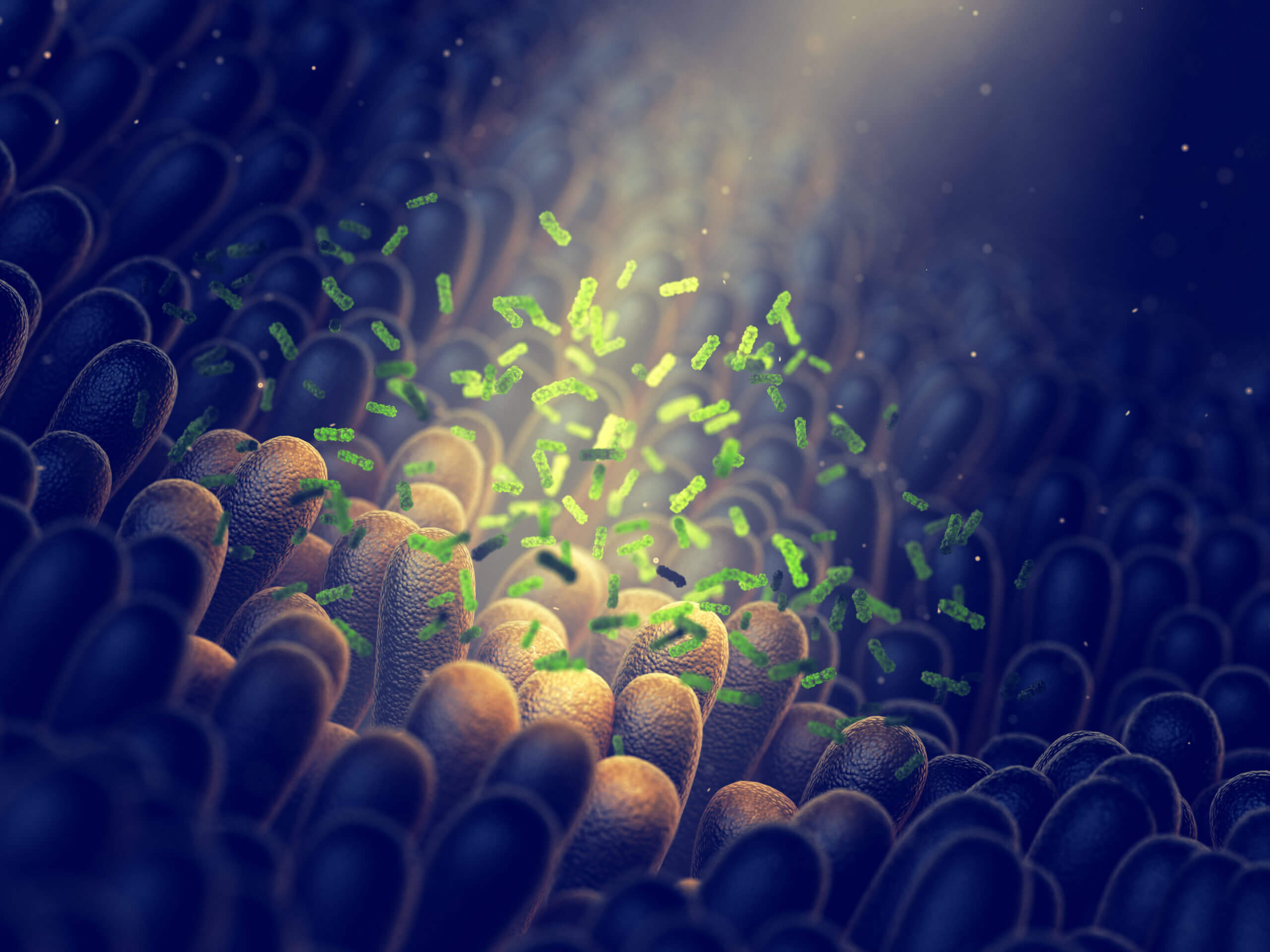Gut bacteria can reawaken dormant viruses, finds a new study from Howard Hughes Medical Institute. A molecule called colibactin is created from gut microbes and can summon dangerous viruses to reactivate.
“It doesn’t directly kill the target organisms, which is what we normally think of bacterial toxins doing within microbial communities,” explains Emily Balskus, a coauthor of the study in a statement. Colibactin works by slightly modifying microbial cells which can activate lethal viruses that are lurking within the genomes of bacteria.
What is colibactin?
Colibactin has been a thorn in the side of doctors. One of the slight tweaks it does to cells is DNA damage and has been an underlying cause for the development of colorectal cancer. Despites its huge role in causing havoc in the body, it is incredibly hard to study. Previous research found colibactin as the cause behind DNA damage in E. coli but they were unable to isolate it from samples.
Dr. Balskus decided to use indirect method to study colibactin. For the past decade, she studied the microbial machinery that creates colibactin. Her hard work paid off. Based on its structure, colbactin damages DNA by forming connections within the double helix of DNA.
The most recent study looked at how colibactin affects other microbes in a crowded gut. By itself, colibactin is not dangerous. It’s when producers of colibactin carried latent viruses did they see a reemergence of the virus starting with an increase in viral particles and then the growth of many virus-containing bacteria. The findings suggest the molecule triggers active cell-killing infections.
But colibactin is not all-powerful. The team also found a resistance gene encoding a protein that neutralizes the compound in various bacterial species.
The next step is to look into how colibactin affects the community of microbes in the gut. Their focus would look at which species disappear and which expand after exposure to the compound. ““The key to preventing cancer may be understanding the effects colibactin has on the microbe community and how its production is controlled,” Dr. Balskus says.
The study is published in the journal Nature.
